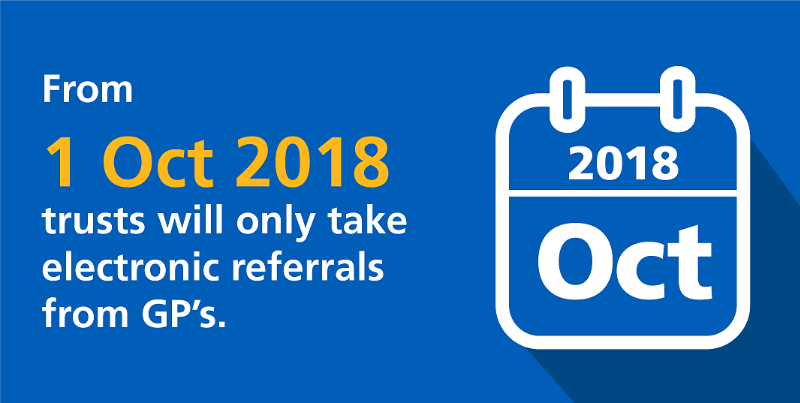Quote / Testimonial: One of the most important things that a parent can do for their child is to make sure that they have all their routine childhood vaccinations. It’s the most effective way of keeping them protected against infectious diseases.
Ideally, kids should have their jabs at the right age to protect them as early as possible and minimise the risk of infection.
Immunisation Sessions
All new babies are invited for regular check-ups from eight weeks old. The Health Visitor can be contacted at Torrington Park Health Centre on (0208) 446 4201 between 9am and 10am Monday to Friday.
The Health Visitor is also able to attend at home.
Vaccination Checklist
Here’s a checklist of the vaccines that are routinely offered to everyone in the UK for free on the NHS, and the age at which you should ideally have them.
2 months:
Diphtheria, tetanus, pertussis (whooping cough), polio and Haemophilus influenzae type b (Hib, a bacterial infection that can cause severe pneumonia or meningitis in young children) given as a 5-in-1 single jab known as DTaP/IPV/Hib
Pneumococcal infection
3 months:
5-in-1, second dose (DTaP/IPV/Hib)
Meningitis C
4 months:
5-in-1, third dose (DTaP/IPV/Hib)
Pneumococcal infection, second dose
Meningitis C, second dose
Between 12 and 13 months:
Meningitis C, third dose
Hib, fourth dose (Hib/MenC given as a single jab)
MMR (measles, mumps and rubella), given as a single jab
Pneumococcal infection, third dose
3 years and 4 months, or soon after:
MMR second jab
Diphtheria, tetanus, pertussis and polio (DtaP/IPV), given as a 4-in-1 pre-school booster
Around 12-13 years:
Cervical cancer (HPV) vaccine, which protects against cervical cancer (girls only): three jabs given within six months
Around 13-18 years:
Diphtheria, tetanus and polio booster (Td/IPV), given as a single jab
Vaccines For Risk Groups
People who fall into certain risk groups may be offered extra vaccines. These include vaccinations against diseases such as hepatitis B, tuberculosis (TB), seasonal flu and chickenpox. See the NHS Choices pages on vaccines for adults to find out whether you should have one.

